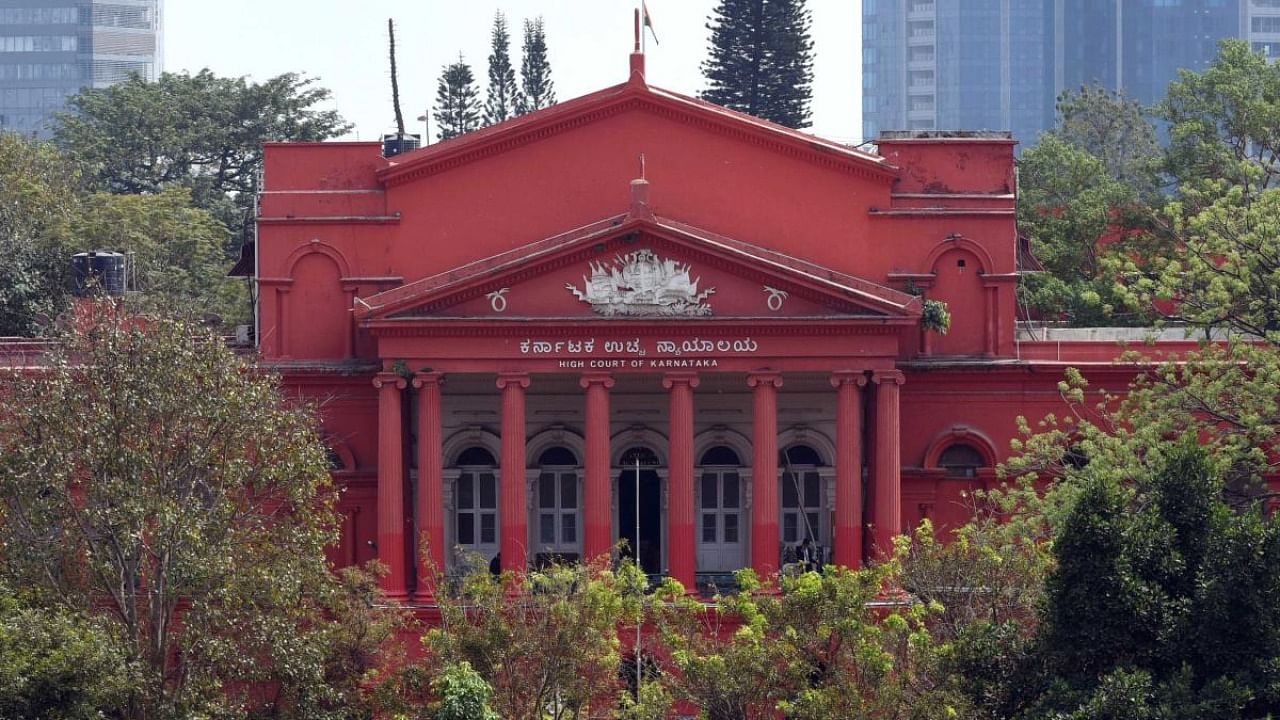
The Karnataka High Court has rightly held that nominated councillors do not have the right to vote in the election of the president or vice-president of municipal councils. The order came while rejecting a petition by nominated members of Malur Town Municipal Council in Kolar seeking voting rights. The court held that Article 243R (2) (a), which provides that nominated members shall not have the right to vote in the council, does not violate the basic structure of the Constitution and as such does not suffer from any infirmity. Nominations are meant to ensure that the council benefits from “persons having special knowledge in municipal administration”. The Supreme Court had held earlier that the Constitution itself made a distinction between elected members and nominated members, who essentially play an advisory role. Nominated members cannot be treated as belonging to the same class as elected representatives chosen by the people, it said. The order is significant as giving voting rights to nominated members has the potential to subvert the will of the people, especially when a political party wins with a thin majority.
However, a bigger concern than voting rights for nominated members is that given to MLAs, MLCs and MPs in the election of presiding officers of municipal bodies, which is an affront to the idea of local self-governance. Here, the voting rights help to artificially alter the composition of the council and could tilt the balance in favour of a party that has not won a majority, thus defeating the very purpose of elections. The BBMP council, which was dissolved sometime ago, for instance, had 198 elected corporators and 62 members of parliament and state legislature. It is common for MLCs from other parts of the state to register themselves as voters in Bengaluru by falsifying their residential address to get voting rights in the mayoral elections. With these ex-officio members exercising undue influence on the BBMP council, corporators are forced to play second fiddle. While the presence of legislators and parliamentarians in council meetings may help ensure better coordination between BBMP and the government, they should not be allowed to play the dominant role in the affairs of civic bodies.
Though the High Court has upheld this provision in the Karnataka Municipalities Act, the government should consider bringing about an amendment to ensure that voting rights remain exclusively with the corporators so that their powers are not undermined. Civic bodies have a specific role cut out for them. Undue interference in their functioning should end.